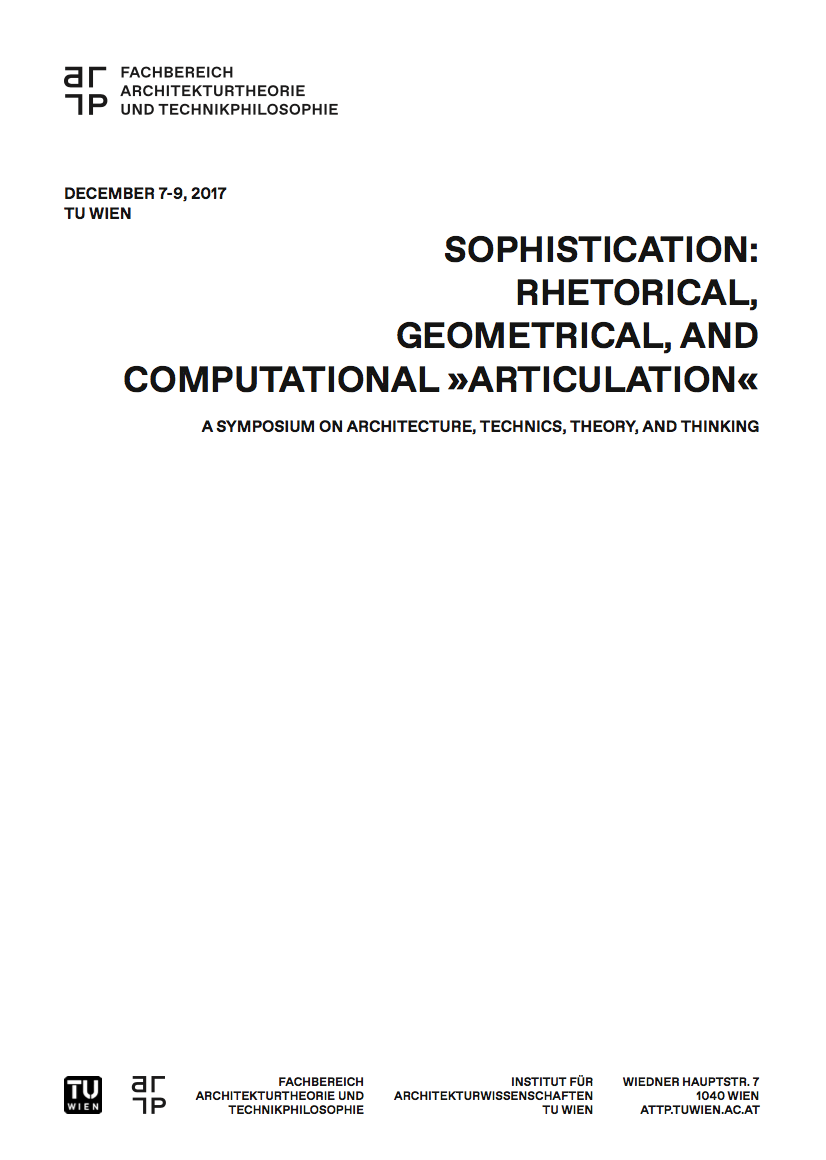ON HUMAN DIGNITY
Pico della Mirandola, (De Hominis Dignitate, 1486)
read by Sebastian Michael | writer, lm director and actor | London
Giovanni Pico della Mirandola was approaching his twenty-fourth birthday when he invited
any interested scholars to come, at his expense, to a public disputation in Rome of 900 theses he himself had just published, under the title Conclusiones philosophicae, cabalisticae et theologicae, in December 1486.He immediately found himself under attack. On the one hand for the outrageous boldness of his undertaking – the vast number of theses and the spectrum they covered – and on the other for what was perceived as his sheer arrogance of youth: that at his age he should presume to have anything to say at all was enough. That he said it with such ourish and panache riled the establishment and angered the church.Much more signi cant, though, and of lasting impact to this day, is the ambition of his thought. Paul Oskar Kristeller
in The Renaissance Philosophy of Man – a book he co-edited and wrote the Introduction for, speaks of Pico’s extensive range of learning that “absorbs many di erent ideas and traditions that most of his contemporaries would have considered incompatible.” What makes this work stand out is the way it encapsulates in a relatively short text – some eleven thousand words
in English – both the scope and the stance of a young man at a point in history when the
world is rapidly and radically, categorically, changing. It has been called a ‘Manifesto for the Renaissance’, as well as the ‘most elegant oration’ (oratio elegantissima), uniting, as it does, upon itself two central themes, that of human dignity, and the ideal of a universal harmony among philosophers and their schools of thought.From within these, one concept more than any other shines out, much like a beacon: freedom. For Giovanni Pico della Mirandola, what truly distinguishes the human from any other being – animal or celestial – is our freedom to choose to become what we will. With this freedom comes, of course, our responsibility, but
also our right to practice philosophy. And this Oration is a robust defence of the human right
to think freely. Equally emphatic is Pico’s disgust with the commodi cation of education, and the prevailing, snide anti-intellectualism of his day. No wonder he speaks to us now...Pico never held his Oration. It was penned as the opening speech of his disputation, planned for early 1487, but Pope Innocent VIII suspended the event and instead set up a commission to examine Pico’s 900 theses for heresy. Pico promptly recycled the second half of the Oration in an Apologia, but this did not solve his problems: he faced years of persecution, and in 1494, two years after the death of his patron and protector, the powerful Lorenzo de’ Medici, Pico, together with
his friend Poliziano, was murdered in Florence – as exhuming them both in 2007 established
– by arsenic poisoning. Originally known simply as Oratio, and rst published posthumously
by Giovanni’s nephew Francesco Pico in 1496, the title soon acquired the addition by which
it is today generally known and became the Oratio de hominis dignitate – the Oration on the Dignity of Man.
Bio
“I think, write and create across disciplines in theatre, lm, video, print and online with a deepening interest in humans, the multiverse and a quantum philosophy.”
Sebastian’s stage plays range from contemporary relationship drama (The Power of Love) and the topical examination of religious fervour (Elder Latimer is in Love), to the ‘apocalyptic comedy’ Top Story, and a celebration of Shakespeare’s poetry in The Sonneteer. His short lms and debut feature The Hour of Living have been screened at festivals worldwide, and he has published one novel, Angel, as well as the ‘picture story book for grown-ups’ The Snow ake Collector, which originated from his current ongoing online experiment EDEN by FREI – ‘a concept narrative in the here & now about the where, the wherefore and forever.’
Sebastian is a contributing author to A Quantum City (Eds. Hovestadt/ Bühlmann, Birkhäuser, 2015) and co-author, with Ludger Hovestadt and Vera Bühlmann, of A Genius Planet (Birkhäuser 2017). He is guest lecturer at the Department for Architecture Theory and the Philosophy of Technics at TU Wien.
Sebastian lives in London and works wherever his projects take him.



